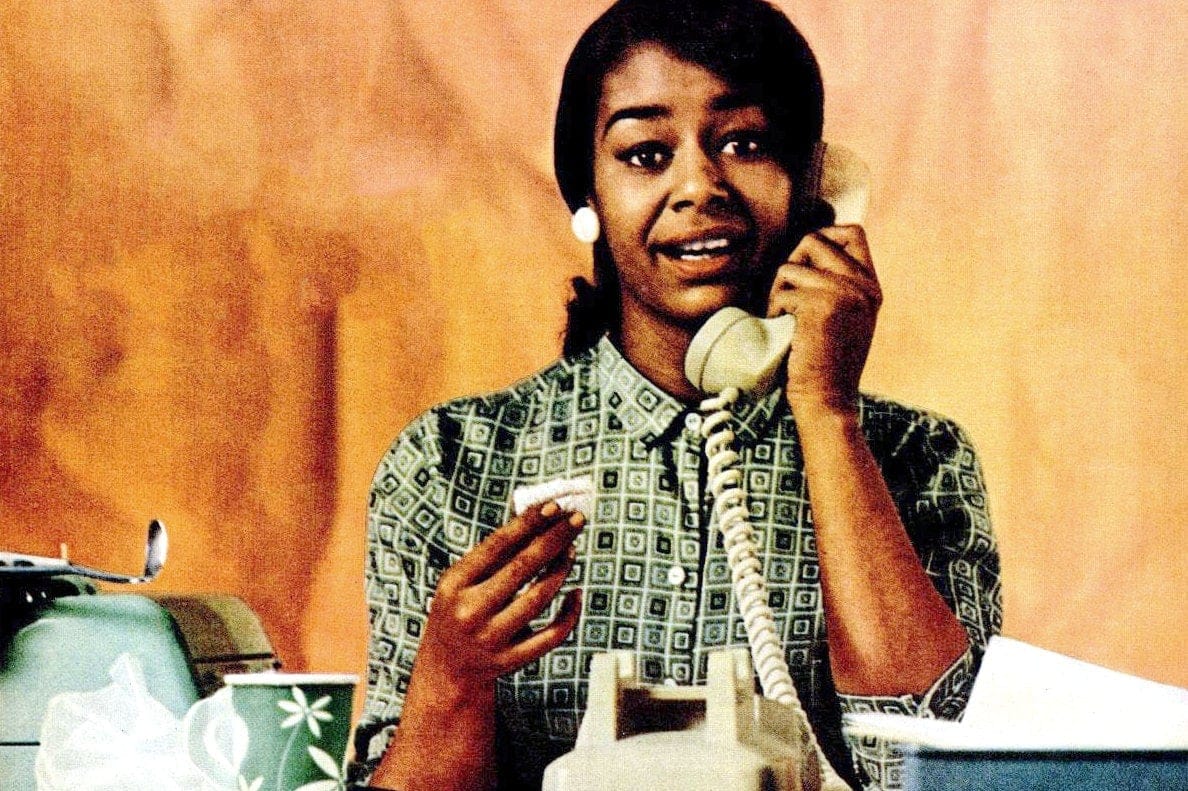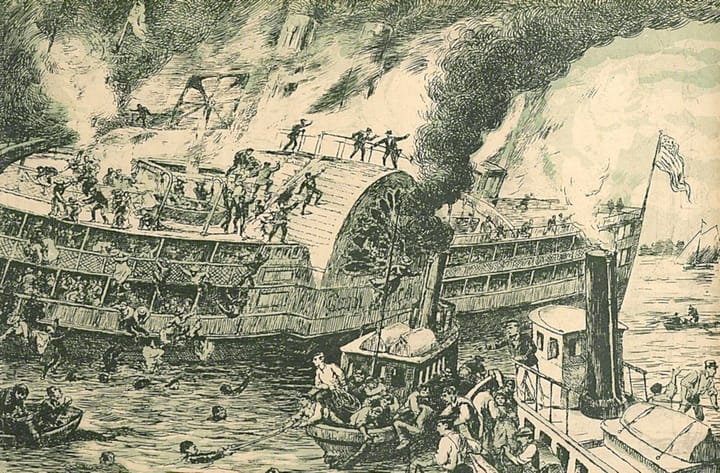Last call: how the telephone died as a cultural object.
The telephone is dead. I, for one, do not mourn its death.

Do you answer telephone calls anymore? By that, I mean, if an unexpected call comes in on your phone displaying an unfamiliar number, will you bother answering it? I'd venture a guess that the response to this question varies heavily depending on your age. I'm not that young anymore, but I stopped answering unsolicited/unrecognized phone calls years ago. Most of the people I know do the same. Everyone who knows me well knows to text or email, not call. I hate talking on the phone. And now, modern technology has made the necessity of it thankfully quite rare.
It didn't used to be that way, but most of us don't give a lot of consideration as to exactly how and why it changed. Technology is only part of the answer. Cultural attitudes are more directly responsible. The telephone, as most people know, was invented in the 1860s-70s but wasn't ubiquitous in Western homes and culture until the next century. But for the entirety of the 20th century, and well into this one, there was a generally accepted social and cultural assumption that if a telephone rang in your home, and especially your business, you were essentially obligated to answer it, even though you had no way of knowing ahead of time who was calling or why. Announcing your readiness to accept whatever message the caller had for you developed into language and social customs. In America when a phone rings most of us answer, "Hello?" (inflected as a question). In Italy you say, "Pronto." In Japan, it's "Moshi moshi." But culturally the act was the same: we accepted that it's normal to drop whatever we were doing and listen to something that somebody, even a complete stranger, wanted to say to us. That's pretty extraordinary, if you think about it.


